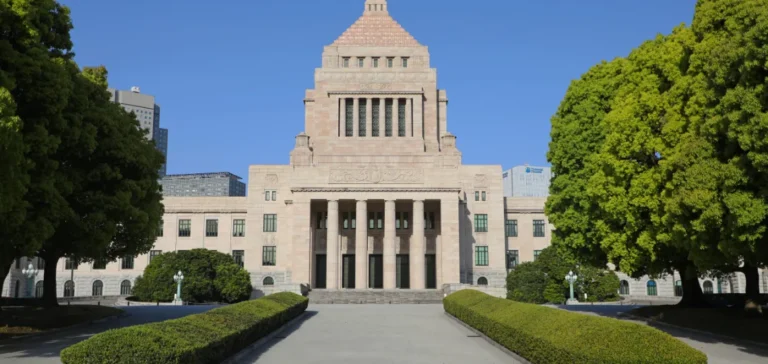US Secretary of the Treasury Scott Bessent confirmed he had held talks in Washington with Japanese Minister of Finance Katsunobu Kato, during which he conveyed the formal expectation from the US government that Japan cease its energy imports from Russia. The statement comes as the United States intensifies its efforts to persuade its partners to limit commercial engagements deemed incompatible with the sanctions imposed on Moscow.
Japan, heavily dependent on imports to meet its energy needs, spent nearly JPY582bn (AED19.95bn / $5.43bn) in 2023 on liquefied natural gas (LNG) from Russia, according to the latest available customs data. This amount marks a 56% increase compared to 2021. Russia accounted for 8.9% of Japan’s total LNG imports, behind Australia (42.6%) and Malaysia (15%).
Diverging interests between energy security and geopolitical solidarity
In response to the request, Katsunobu Kato refrained from making a direct comment, stating only that Japan remained committed to cooperating with other G7 members to promote a peaceful resolution to the conflict in Ukraine. No official announcement has been made regarding a potential revision of Russian imports. The strategic weight of existing energy contracts limits Tokyo’s ability to fully align with US expectations.
US President Donald Trump stated, just hours earlier, that Indian Prime Minister Narendra Modi had verbally pledged that India would end its purchases of Russian oil. This statement, not confirmed by New Delhi, fits within a broader strategy by the US executive to isolate Moscow from global energy markets. In this context, China was mentioned by Mr Trump as the next diplomatic target to convince.
Economic counterbalances in the background
Beyond the energy issue, discussions between Scott Bessent and Katsunobu Kato also focused on the US-Japan trade and investment agreement signed in July. This framework includes a Japanese commitment of $550bn in investments on US soil in exchange for a partial reduction of tariffs previously imposed on Japanese goods. The specific structure of these commitments is currently being negotiated between both administrations.
According to Tokyo, the proposed amounts would not take the form of direct investments, but would instead be channelled through loans and guarantees provided by state-backed Japanese institutions. This approach may allow Japan to meet US demands without directly exposing its companies to additional commercial or geopolitical risks, while maintaining flexibility over its critical supply chains.






















